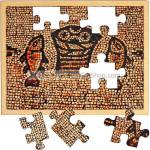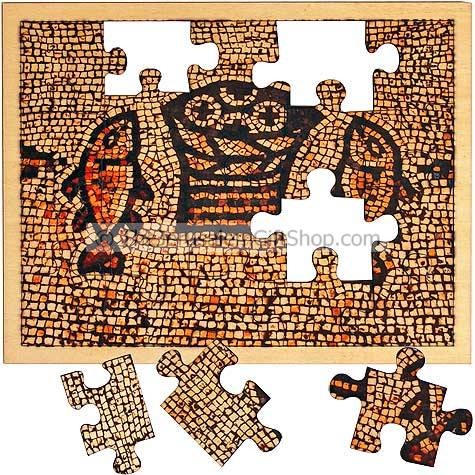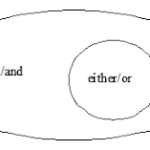Jesus calls us to follow him. He makes no distinction between men and women.
He does not call women to follow him by “being anxious and troubled” about cooking and cleaning, and men to follow him by fishing.
He praised Mary, who sat at his feet and listened to his teaching– like a seminary student–for having chosen the better part, though she was certainly not “being busy at home”. It was Martha to whom she left “all the preparations,” “all the work,” who was playing “the woman’s role” whom He gently rebuked.
Nowhere in the Gospels are there distinct commands for women and for men.
Had Jesus intended distinct roles for men and women–women to run the home, and men to run the church and the world–He, being brilliant (as Dallas Willard points out in The Divine Conspiracy) would have said so. And his brilliant biographers would have recorded it.
* * *
I have seen perfectly good teaching ministries get derailed when they venture into gender roles. [Read more…]











